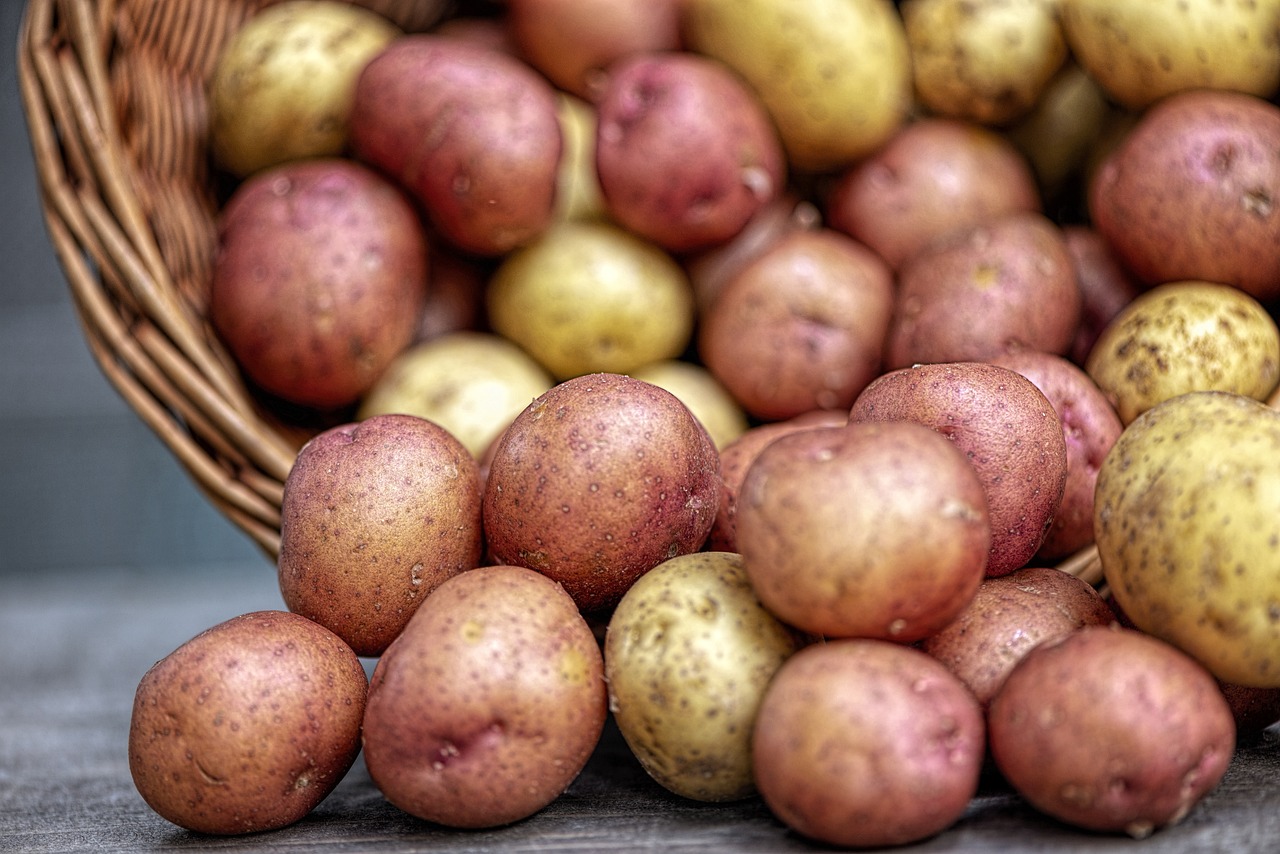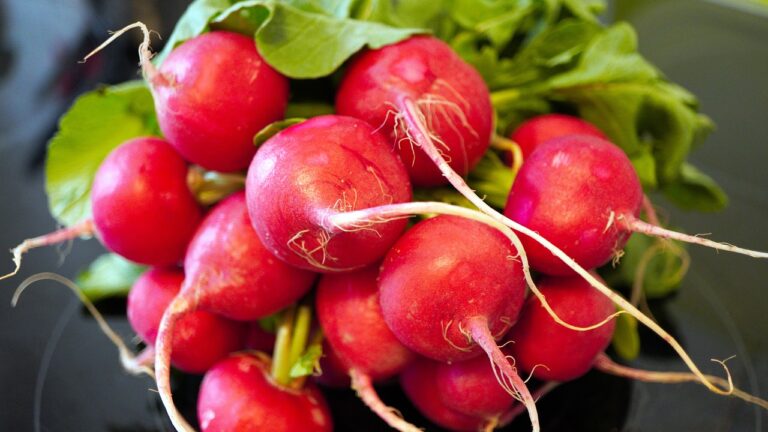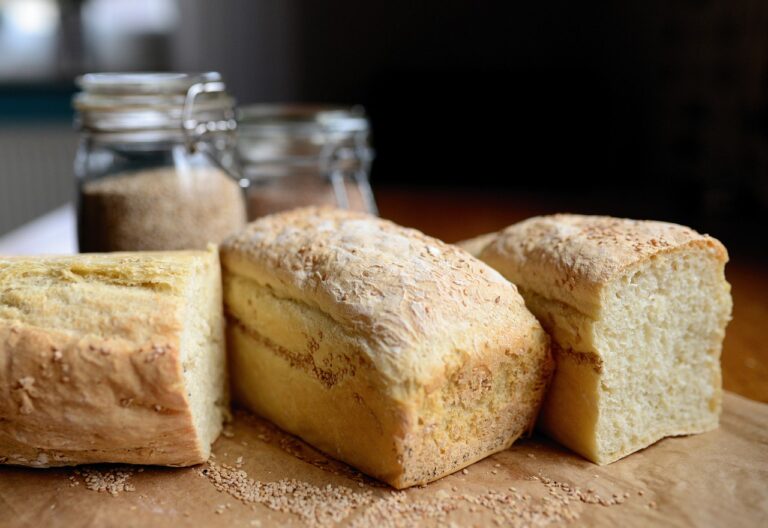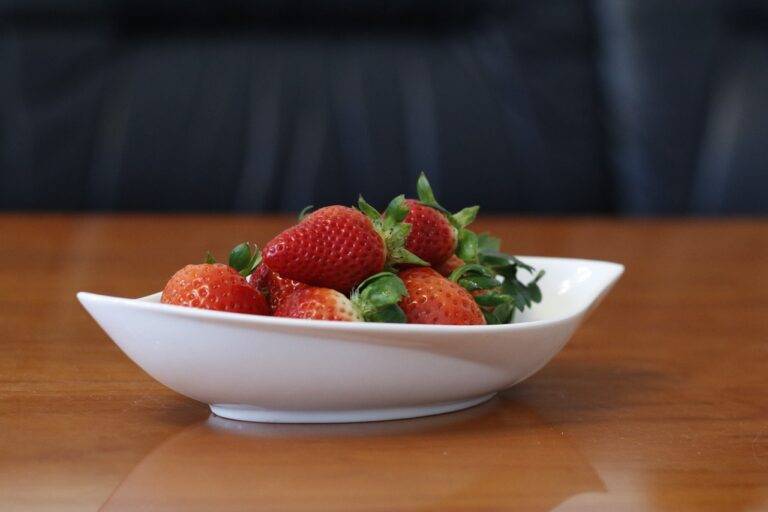Culinary Schools: Navigating the Path to a Career in Food
Before diving into the process of selecting the perfect culinary school for you, it’s essential to first assess your personal goals and professional aspirations within the realm of the culinary industry. Consider what specific skills you hope to acquire, whether it’s mastering classic French techniques or delving into the art of pastry and baking. By identifying your unique interests and career objectives, you can narrow down your options and focus on programs that align with your culinary passions.
Another crucial aspect to contemplate when choosing a culinary school is the level of hands-on experience and industry exposure offered within the curriculum. Look for institutions that incorporate internships, externships, or real-world kitchen experiences into their program structure. Practical training in professional kitchens not only enhances your technical proficiencies but also provides invaluable networking opportunities and a glimpse into the dynamic nature of the culinary field.
Exploring Different Culinary Programs
When exploring different culinary programs, it is essential to consider the specific focus of each program. Some schools may specialize in pastry and baking, while others may have a strong emphasis on international cuisine or culinary management. Understanding the unique strengths of each program can help you determine which aligns best with your career goals and interests.
Another important factor to consider when exploring culinary programs is the duration and format of the program. While some schools offer intensive, hands-on training over a short period, others may provide a more comprehensive, long-term curriculum. By evaluating the time commitment and structure of each program, you can choose one that fits your schedule and learning preferences.
Understanding the Curriculum and Course Offerings
As you delve into the world of culinary education, it is important to closely examine the curriculum and course offerings of various schools to ensure they align with your career goals. The curriculum typically includes a blend of practical hands-on training and theoretical instruction to provide students with a well-rounded culinary education. Courses often cover topics such as cooking techniques, food safety and sanitation, nutrition, menu planning, and culinary trends.
Moreover, it is beneficial to look for programs that offer specialized courses in specific areas of interest, such as baking and pastry arts, culinary management, or international cuisine. By selecting a school with a diverse range of course offerings, you can tailor your education to focus on the aspects of culinary arts that resonate most with you. Additionally, consider the opportunity for internships or externships as part of the curriculum, as these practical experiences can be invaluable in gaining real-world skills and networking within the industry.
Practical hands-on training and theoretical instruction are key components of the curriculum
Courses cover cooking techniques, food safety, nutrition, menu planning, and culinary trends
Look for programs with specialized courses in baking and pastry arts, culinary management, or international cuisine
Choose a school with diverse course offerings to tailor your education to your interests
Consider opportunities for internships or externships to gain real-world skills and network within the industry.
How can I choose the right culinary school for me?
When choosing a culinary school, consider factors such as location, cost, reputation, curriculum, and faculty. Visit the school, talk to current students, and research online reviews to make an informed decision.
What are the different culinary programs available?
Culinary schools offer a variety of programs such as culinary arts, baking and pastry arts, hospitality management, and food service management. Each program has its own focus and curriculum tailored to specific career goals.
What should I expect from the curriculum and course offerings at a culinary school?
The curriculum at a culinary school typically includes hands-on training in the kitchen, theoretical coursework on cooking techniques and ingredients, food safety and sanitation practices, menu planning, and business management skills. Course offerings may also include internships, externships, and opportunities for specialization in areas such as international cuisine or pastry arts.







